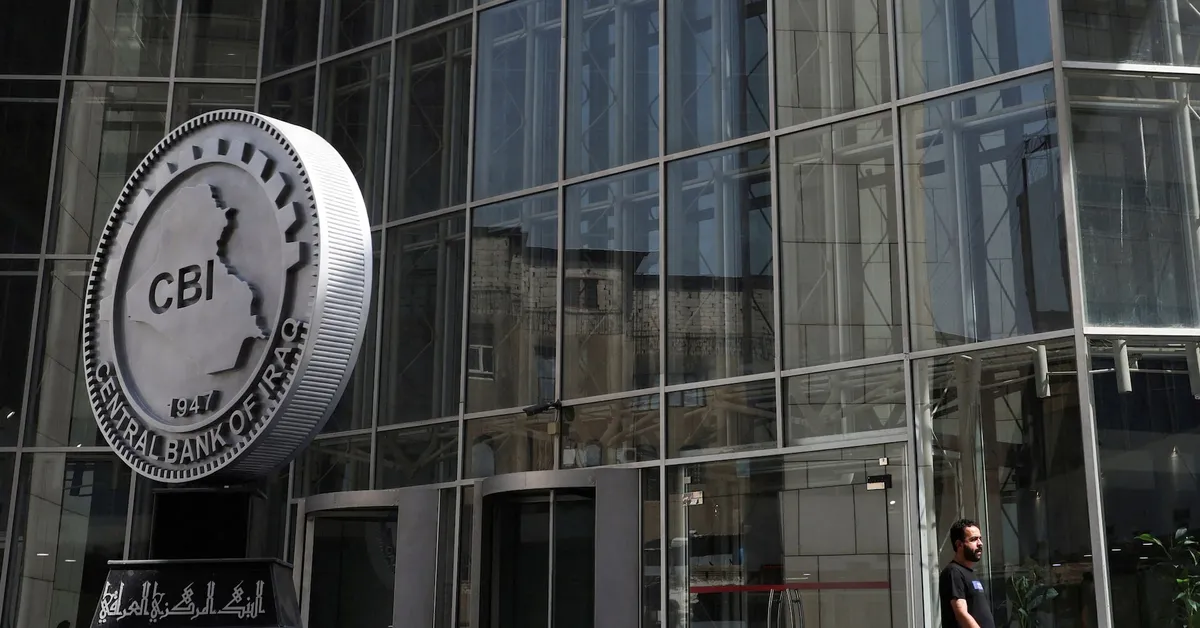
Iraq's central bank has announced a ban on five additional local banks from participating in U.S. dollar transactions, following discussions with U.S. Treasury officials. This strategic move aims to combat money laundering, dollar smuggling, and other financial violations, according to sources familiar with the situation.
The decision follows recent meetings in Dubai between officials from the Central Bank of Iraq and representatives from the U.S. Treasury and the Federal Reserve. This initiative builds on previous actions taken last year when eight banks were similarly restricted from dollar transactions.
Iraq, a rare ally to both the United States and Iran, holds over $100 billion in reserves within the U.S. The nation's economy heavily depends on Washington's support to ensure uninterrupted access to its oil revenues and financial assets. However, tensions may rise as the U.S. administration under President Donald Trump reinstates its maximum pressure policy towards Iran.
Iran, which views Iraq as a vital economic partner, exerts significant military, political, and economic influence through its support of Shi'ite militias and political entities within Iraq. The country also uses Iraq's banking system to secure hard currency and circumvent U.S. sanctions.
The banks affected by the dollar transaction ban include Al-Mashreq Al-Arabi Islamic Bank, United Bank for Investment, Al Sanam Islamic Bank, Misk Islamic Bank, and Amin Iraq For Islamic Investment and Finance. While these banks can continue operations and transactions in other currencies, their ability to conduct international transactions is significantly limited.
The restriction is a considerable setback for an Iraqi government supported by powerful Iran-backed groups, which are deeply embedded in Iraq's informal economy—a sector often associated with money laundering activities.
Despite the challenging landscape, Western officials have praised Prime Minister Mohammed Shia al-Sudani for his efforts to implement economic and financial reforms aimed at reducing Iran and its allies' access to U.S. dollars. However, the pressure is expected to increase under the Trump administration's stringent policies.
Additionally, the ban includes three payment services firms: Amawl, AL-Saqi Payment, and Aqsa Payment. The Central Bank of Iraq and the U.S. Treasury have yet to issue official comments on these developments.
For more detailed updates and insights, sign up for our newsletter.
Reported by Maha El Dahan in Dubai and Ahmed Rasheed in Baghdad; Edited by David Holmes
This rewritten article is structured to enhance clarity and readability, with appropriate use of SEO best practices such as bolding important keywords and organizing content with subheadings.